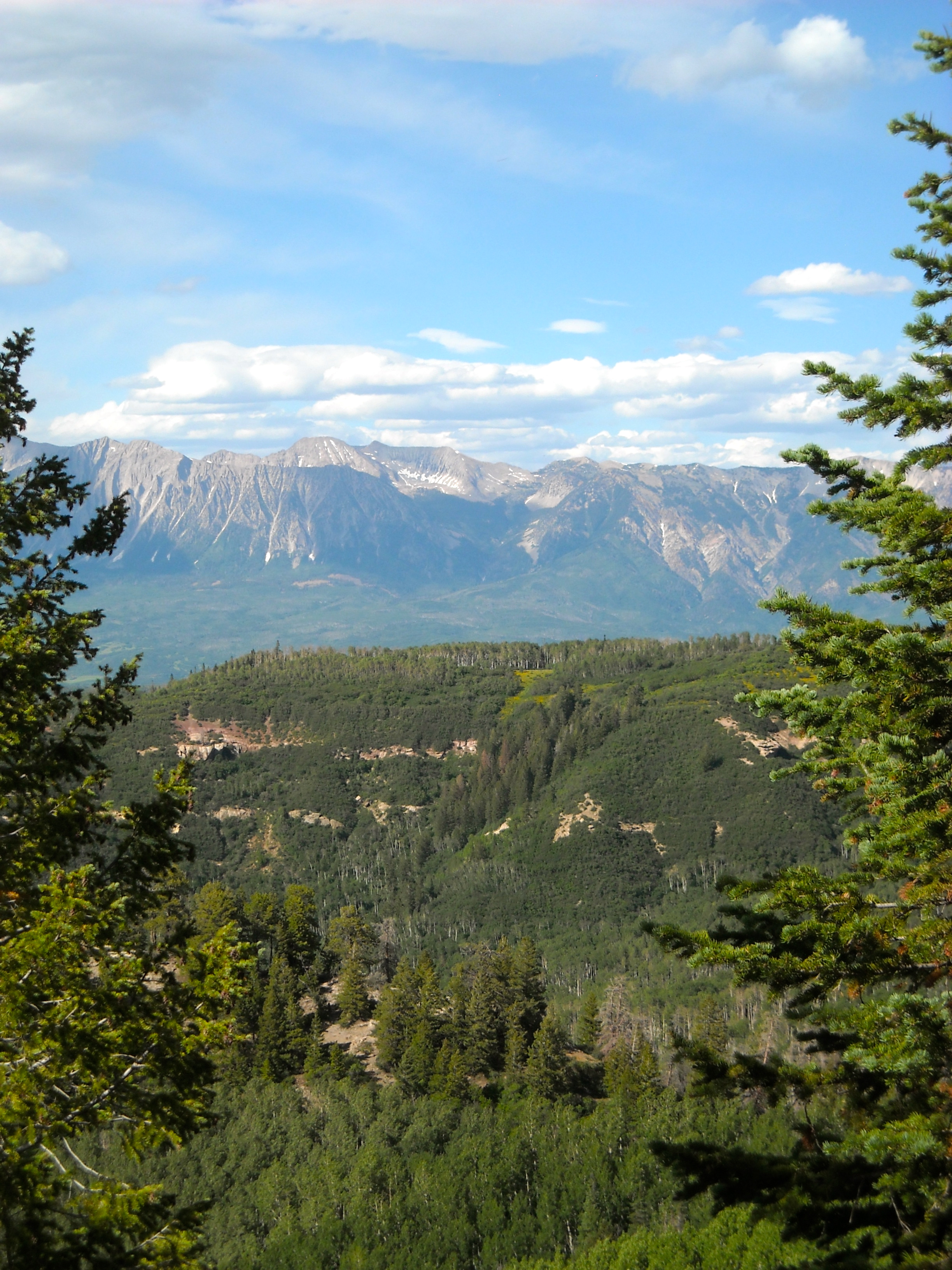- Blog
- Food & Agriculture
- Incorporating the social cost of carbon: A coal mine stopped in its tracks
Incorporating the social cost of carbon: A coal mine stopped in its tracks

Donate Now!
Your contribution will benefit Friends of the Earth.
Stay Informed
Thanks for your interest in Friends of the Earth. You can find information about us and get in touch the following ways:
Last week, a federal district court in Colorado stopped the expansion of a coal mine in the North Fork Valley of western Colorado due to the federal government’s failure to quantify the costs of burning greenhouse gas emissions. The court found the Bureau of Land Management and the Forest Service arbitrarily based their approval to expand on-the-ground mining exploration in the Sunset Roadless Area based solely on the estimated economic benefits of the project, while ignoring the social costs of its potential contribution to global climate change. The court found the agencies violated the National Environmental Policy Act, which mandates that federal agencies take a “hard look” at the potential environmental impacts of a proposed project prior to making a decision.
Environmental groups challenged the agencies’ approval of a coal mine in previously-protected public lands. The Colorado Roadless Rule, which went into effect in 2012, eased previous restrictions to allow temporary road construction for coal mining in the North Fork Valley. Based on the loosening of these restrictions, the agencies approved modifications to leases for the West Elk Mine that increased the area of land covered by the lease. Arch Coal then submitted a plan to clear six miles of pristine forest for a road and several drill pads with the possibility for further expansion, which the agencies approved.
The court found that the agencies were “arbitrary and capricious” in omitting the cost estimate of greenhouse gas emissions from the Final Environmental Impact Assessment for the proposed mine expansion. Using the social cost of carbon protocol — a quantification of the costs of a project’s contribution to global climate change — the Bureau of Land Management originally found that the costs from carbon pollution associated with the mine’s expansion could be as high as $984 million. However, the agencies decided to only include the economic benefits of the proposed mine expansion and exclude the cost estimate in the Final Environmental Impact Statement because the protocol is “controversial.” The court noted that even though there are many ways to estimate the social cost of carbon that may or may not be accurate, the agencies offered no reasonable justification for suggesting the cost is zero.
This ruling has implications for the construction and expansion of coal mines in the United States. If the government is required to consider the social cost of carbon when approving leases, the economic justification for new leases will be undermined. This could mean huge health benefits and reductions of greenhouse gas emissions, especially methane, which the Intergovernmental Panel on Climate Change estimates is 84 times more potent than carbon dioxide over a 20 year period. This comes at a time when the government is already being criticized for its process of providing leases with almost no competition at absurdly low prices, costing American taxpayers close to $30 billion since 1982.
The decision could have far-reaching impacts beyond the permitting of coal mines. If other courts follow the Colorado court’s reasoning, then larger projects, such as the Keystone XL pipeline, could also be rejected on similar grounds. The State Department could be forced to follow the EPA’s recommendation to estimate the social cost of carbon from burning tar sands that the pipeline would be transporting from Canada to the Gulf Coast. The social cost of building dirty tar sands pipelines are simply too high and it is only by hiding them that the oil industry is able to justify destroying the environment and public healthy.
Photo courtesy of WildEarth Guardians
